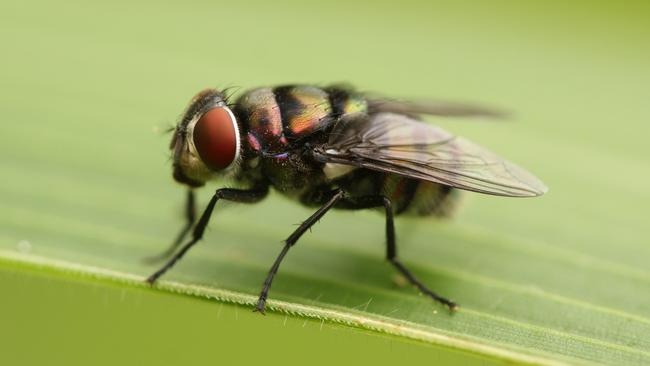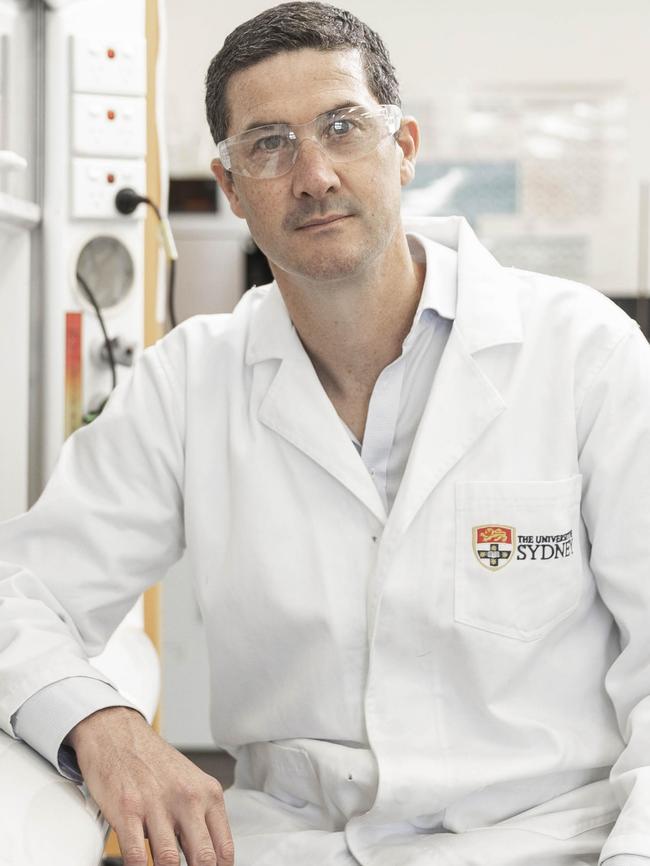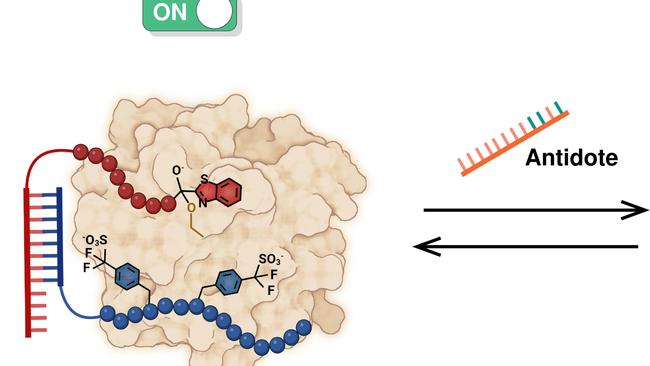Bloodsucking fly behind ‘new drug discovery’
Australian scientists discovered a new drug potentially capable of preventing blood clots and fatal bleeding during surgery, thanks to the African tsetse fly.

Researchers at the University of Sydney have discovered a potentially “game-changing” new drug capable of preventing blood clots and fatal bleeding during surgery – thanks to the bloodsucking African tsetse fly.
Chemical biology professor Richard Payne and his team have spent five years developing a new anticoagulant using a novel method of drug discovery known as “supramolecular chemistry”.
“We’ve been able to develop a completely new class of drug molecule which can effectively stop blood clots from forming and can also break up blood clots that have already been established,” Professor Payne said.
“It is a new idea because what we’ve been able to do is develop what we’re calling a supramolecular drug, where we take two molecules that are not connected and have no effect as an anticoagulant, but … together they form a really powerful anticoagulant that can break up blood clots.”
The end result creates an anti-clotting action that can be turned “on and off” like a switch.
Professor Payne said the new drug offers a promising alternative to current anticoagulants that carry dangerous side-effects for surgery patients and people suffering heart disease, stroke and venous thrombosis.


“Heparin and warfarin are in current use clinically and they’re very effective anticoagulants, but they do come with this side-effect of bleeding, and this bleeding can be very dangerous. In the case of a stroke, it can be fatal if you get bleeding on the brain,” he said.
“It is not a one-size-fits-all, so the benefit of the anticoagulant that we’ve developed is that ‘on-off switch’.
“You can get the treatment to stop the clot from forming but if you were to get any bleeding, in theory, you always have this entity that can switch off the anticoagulant activity.”
Professor Payne said the discovery came after his lab decided to turn to nature for answers.
While one part of the drug is made up of a synthetic ketobenzothiazole containing peptide, the other comes from the protein of the African tsetse fly, a bloodsucking insect with powerful anticoagulant properties.
“These blood-feeding organisms, whether it be a leech, tick, mosquito, fly or even a bed bug … have evolved these really exquisitely potent anticoagulant molecules so that the blood doesn’t start to clot while they’re feeding.,” Professor Payne explained.

“We can replicate what nature makes in the lab, and sometimes we can even make it better.”
Although Professor Payne said the research is in its early days, and “years away from even being close to the clinic”, he remained hopeful about the discovery.
The results of the research, conducted in partnership with Professor Nicolas Winssinger from the University of Geneva, will be published in Nature Biotechnology this week.
“We were really fortunate to be awarded a very small grant ($10,000) between the University of Sydney and the University of Geneva,” Professor Payne said.
“You always hope these crazy ideas that you have will work … when they do it is really exciting.”





To join the conversation, please log in. Don't have an account? Register
Join the conversation, you are commenting as Logout